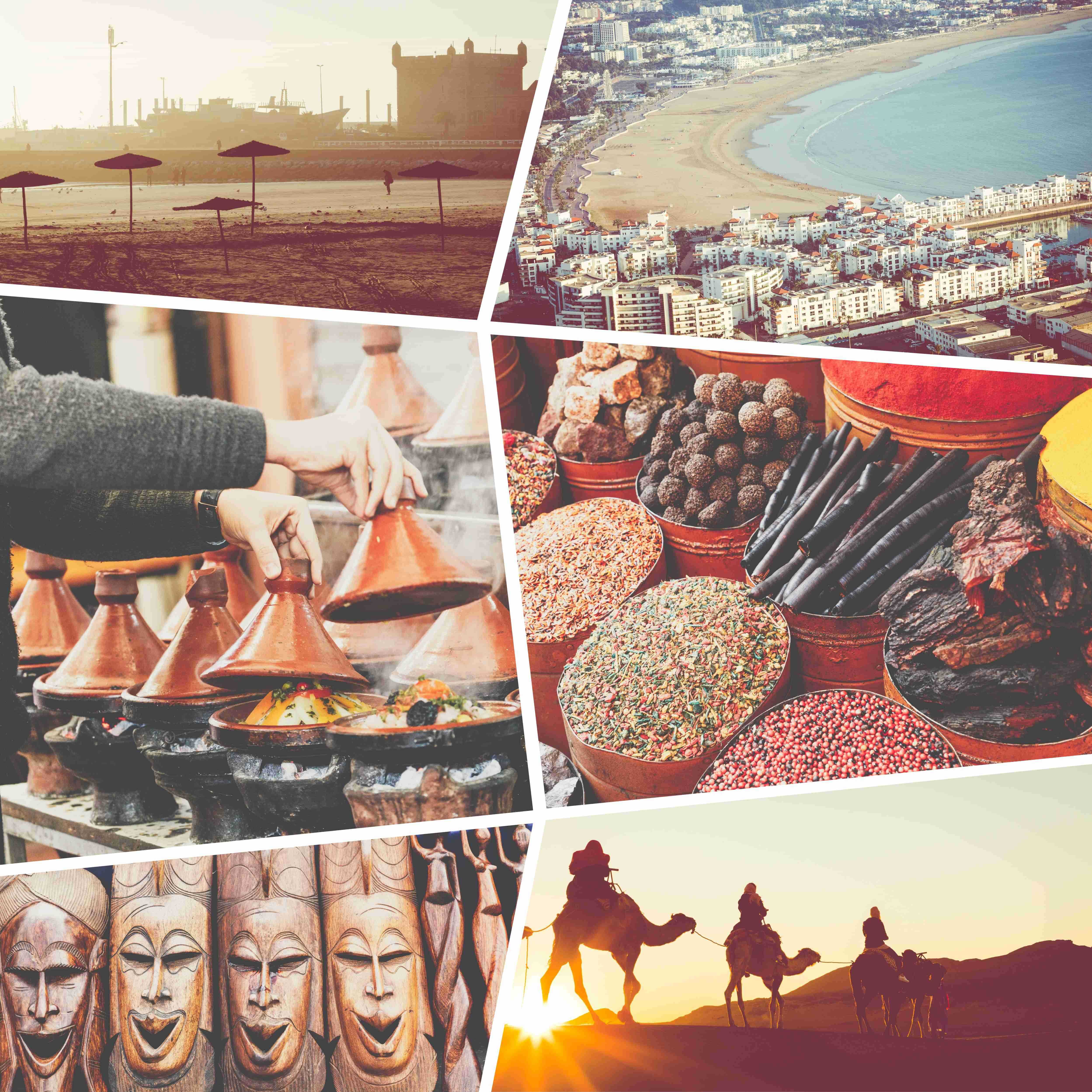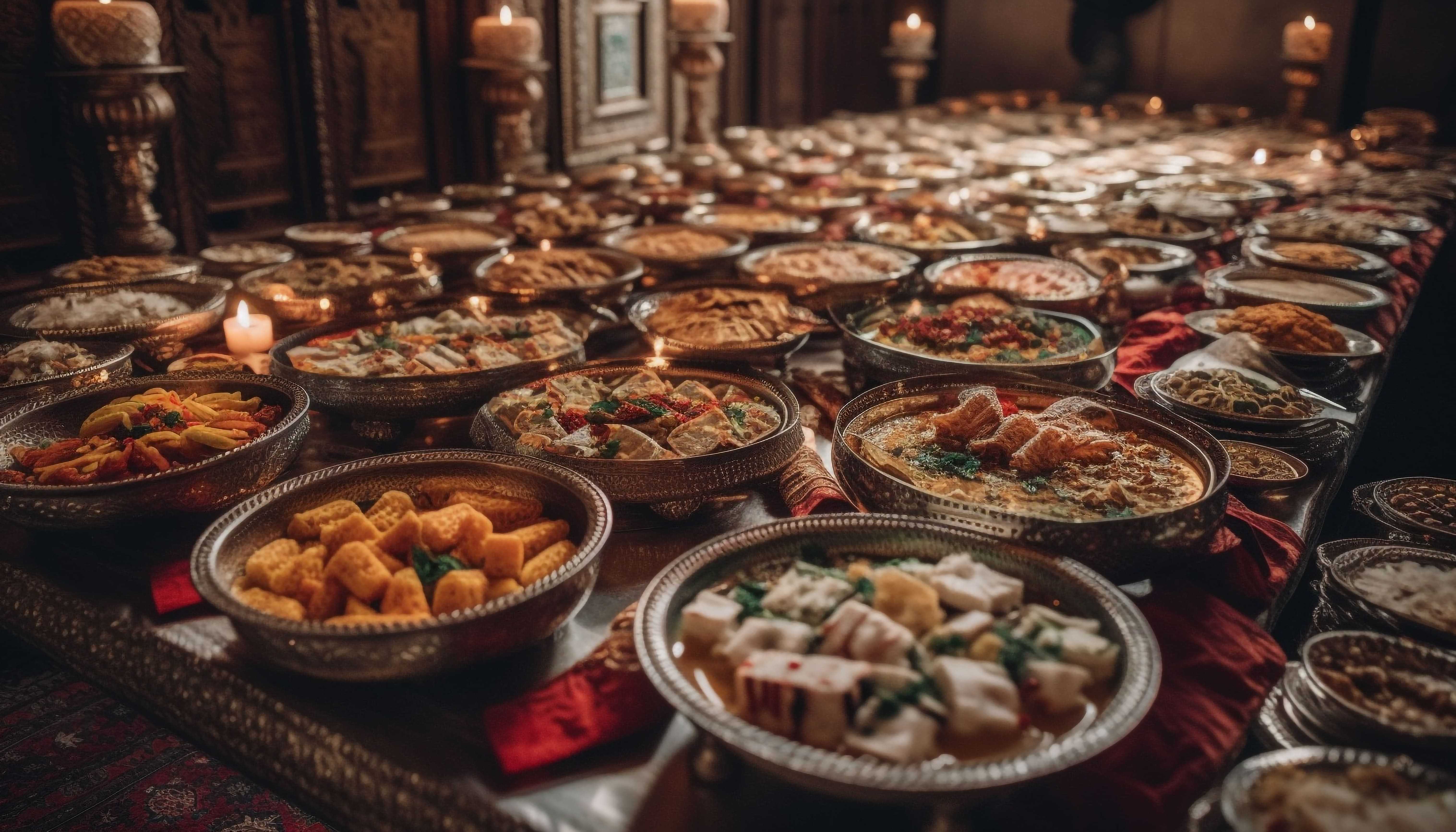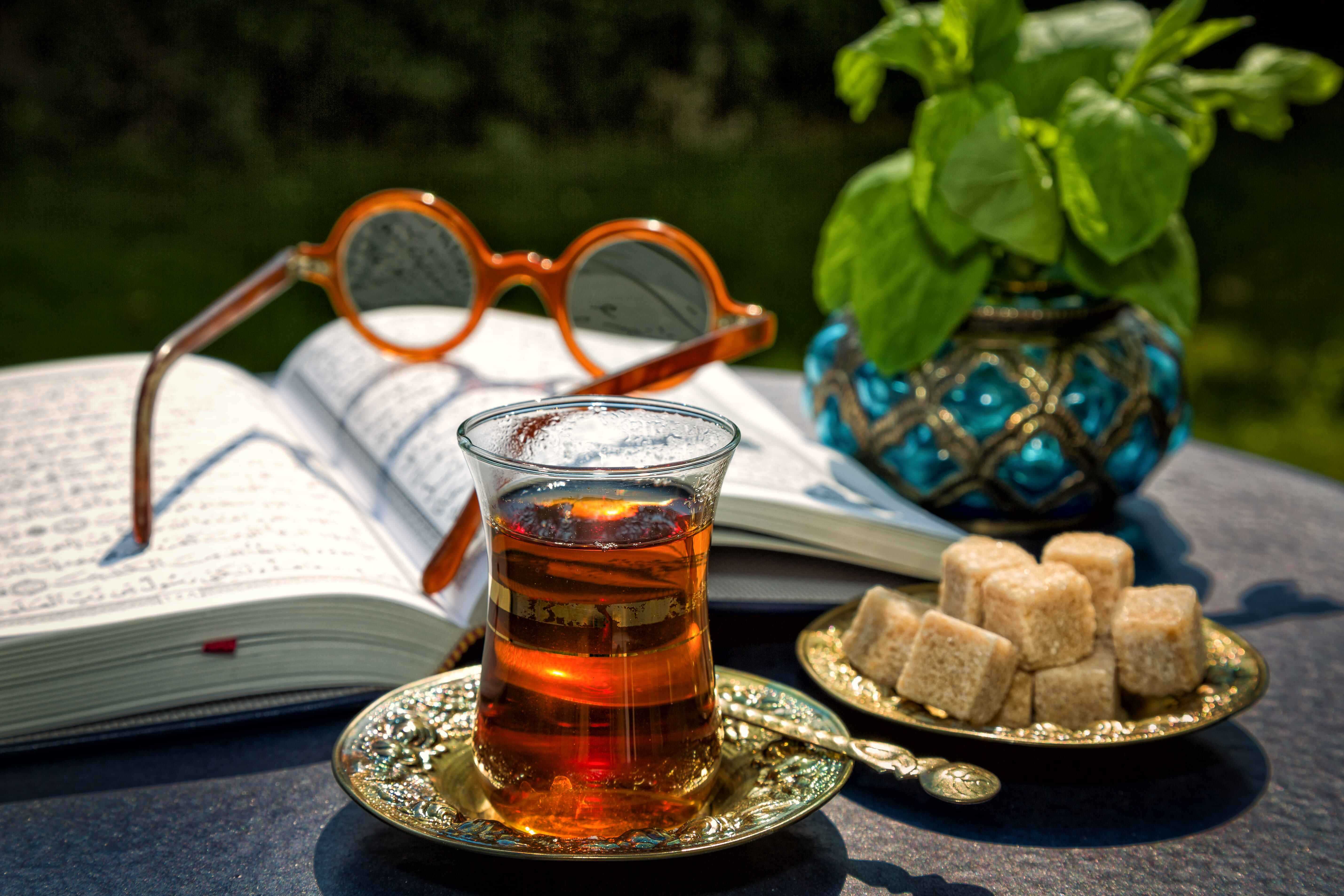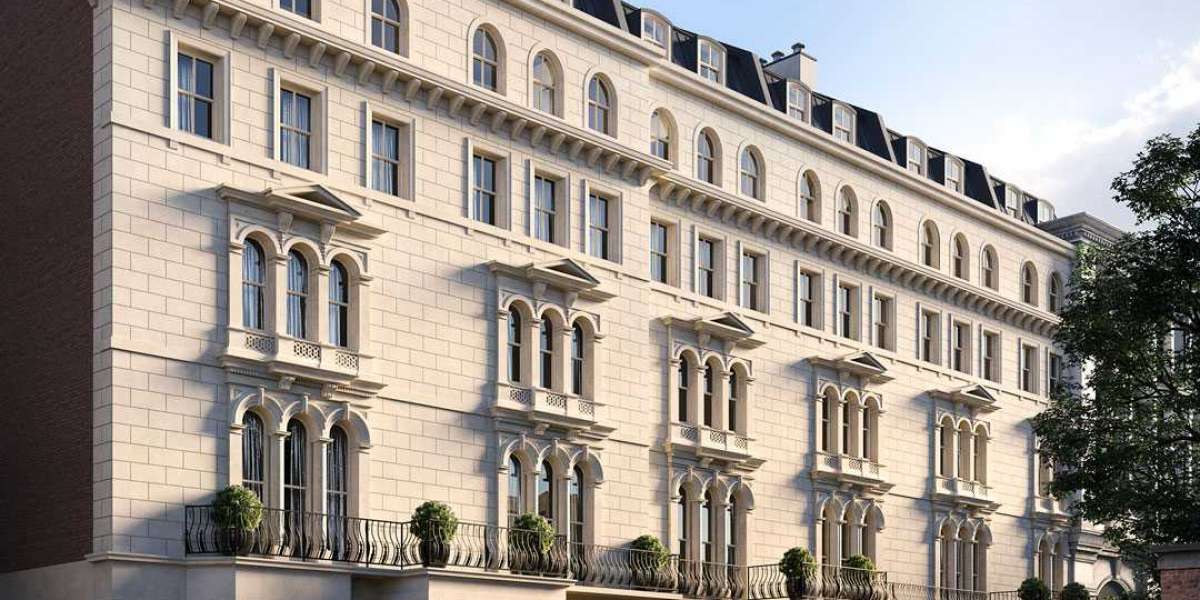Morocco, a land of vibrant colors, rich history, and bustling markets, offers a sensory overload for first-time travelers. From the winding streets of ancient cities to the expansive sands of the Sahara, there's no shortage of adventure waiting for you. Whether you're exploring the souks of Marrakech or sipping mint tea in a coastal café, Morocco is sure to leave a lasting impression. But before you embark on your Moroccan journey, here's a first-time traveler's guide covering everything from the eVisa process to cultural nuances, food delights, and etiquette tips.
Getting Your eVisa: Simplified and Efficient
The good news for first-time travelers is that Morocco has streamlined its visa application process. Many nationalities do not require a visa for stays of up to 90 days, but it's always good to double-check your specific situation. For those who do need a visa, the process is relatively straightforward thanks to Morocco's electronic visa (eVisa) system.
The Morocco eVisa can be applied for online, saving you the time and hassle of visiting an embassy. Typically, the required documents include a valid passport (with at least six months of validity), a passport-sized photo, and proof of onward travel. The eVisa is usually approved within a few days, and once you receive it, you can simply print it out and carry it with you when entering Morocco. This process makes it incredibly easy to plan your trip without unnecessary bureaucratic hurdles.
Immersing Yourself in Moroccan Culture

One of the most enriching aspects of visiting Morocco is the opportunity to dive into its unique culture, where ancient traditions blend seamlessly with modern life. Morocco's culture is a fusion of Berber, Arab, and European influences, which is reflected in everything from the architecture to the language and customs.
Language
Morocco's official languages are Arabic and Berber, but French is widely spoken, particularly in larger cities and tourist areas. Don't be afraid to try a few words of Arabic or French—locals will appreciate the effort, and you might be surprised at how much it enriches your experience. Basic phrases like "Salam Alaykum" (Hello) and "Shukran" (Thank you) can go a long way.
Religion
Islam plays a central role in Moroccan life, and you'll notice that daily routines revolve around the five daily prayers. As a visitor, be respectful of local customs, especially during Ramadan when eating, drinking, or smoking in public may be frowned upon during daylight hours.
Music and Arts
Morocco's rich artistic heritage can be experienced through its music, which varies by region. The rhythmic beats of Gnawa music, the mysticism of Andalusian melodies, and the soulful sounds of traditional Berber songs all play a part in the country's identity. If you have the chance, try to attend a live performance or wander through the narrow streets of the medina to hear street musicians at work.
Moroccan Cuisine: A Feast for the Senses

No trip to Morocco is complete without indulging in the country's culinary delights. The flavors are bold, aromatic, and deeply rooted in centuries-old recipes passed down through generations. Moroccan food is all about spices—cumin, cinnamon, saffron, ginger, and paprika are staples in the kitchen, and they come together in ways that will leave your taste buds dancing. Must Try Dishes in Morocco like tagine, couscous, and pastilla offer a true taste of the country's rich culinary heritage, and every bite is a journey through its diverse regions and traditions.
Must-Try Dishes:
- Tagine : A slow-cooked stew of meat (usually chicken, lamb, or beef), vegetables, and aromatic spices. It's cooked in a traditional clay pot that gives the dish its name.
- Couscous : Often served on Fridays as part of a family tradition, couscous is steamed semolina served with vegetables, meat, and sometimes dried fruits like raisins or apricots.
- Pastilla : A sweet and savory pie filled with pigeon (or chicken), almonds, cinnamon, and sugar. It's a perfect example of Morocco's ability to balance contrasting flavors.
- Harira : A hearty soup made with tomatoes, lentils, chickpeas, and lamb, often served during Ramadan to break the fast.
Don't Forget the Mint Tea

Moroccan mint tea is more than just a drink—it's a symbol of hospitality. Served throughout the day, the tea is made with green tea leaves, fresh mint, and an abundant amount of sugar. When offered, don't refuse it; it's considered impolite. In fact, you'll often see the ritual of tea pouring, where the tea is poured from a great height to aerate it and enhance the flavor.
Moroccan Etiquette: What You Need to Know
As a visitor to Morocco, it is essential to be mindful of Cultural Etiquette for Travelers to Morocco to ensure a respectful and enjoyable experience. Here are some key tips to keep in mind:
- Dress Modestly : While Morocco is generally welcoming and tolerant of visitors' attire, it is important to dress modestly, especially when visiting religious sites or rural areas. For women, covering the shoulders and avoiding short skirts or shorts is appreciated.
- Greetings : Moroccans are known for their warmth and hospitality. A handshake is common when meeting new people, but it's important to wait for the other person to initiate it. When greeting friends, it's typical to kiss on both cheeks, but this varies depending on the relationship.
- Respect for Religious Sites : When visiting mosques, always dress appropriately—women should cover their heads with a scarf. Be mindful of prayer times, as mosques may be closed to tourists during certain hours.
- Bargaining in the Souks : Morocco's markets (souks) are a shopper's paradise, but bargaining is a way of life. Don't be afraid to haggle, but always do so with respect and a smile. Starting at half the asking price is typical, and the process is as much about the experience as the deal itself.
- Tipping : Tipping is common in Morocco, especially in restaurants, hotels, and for services like guides or porters. A small tip is always appreciated, and it's a way to show respect for the services provided.
Final Thoughts
Morocco is an incredible destination that offers so much more than just scenic landscapes and historical sites—it's a place where every moment feels like an immersion into a living, breathing culture. From the fascinating maze of the medinas to the delicious flavors of the food and the warmth of the people, Morocco has a unique way of capturing your heart.








